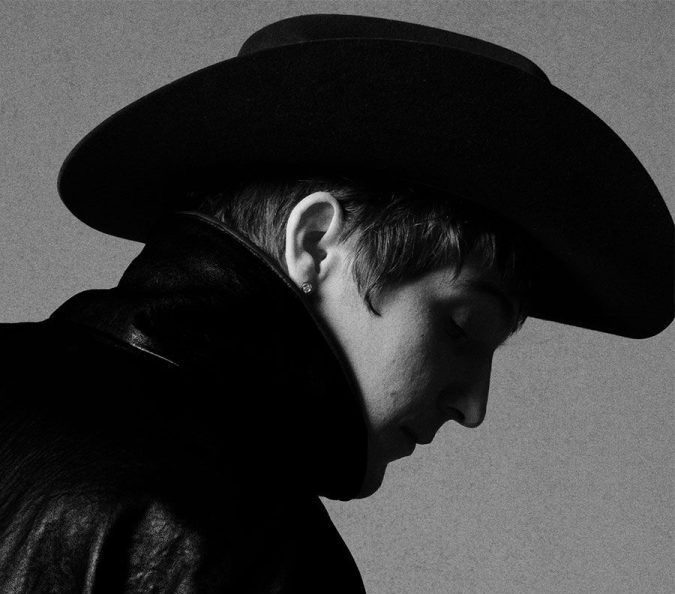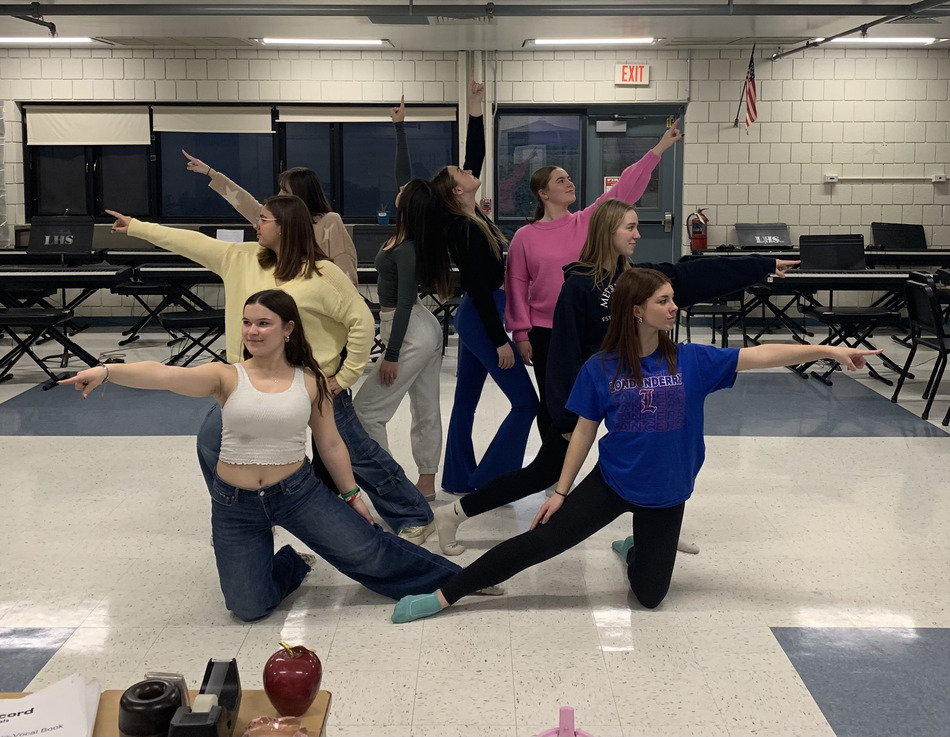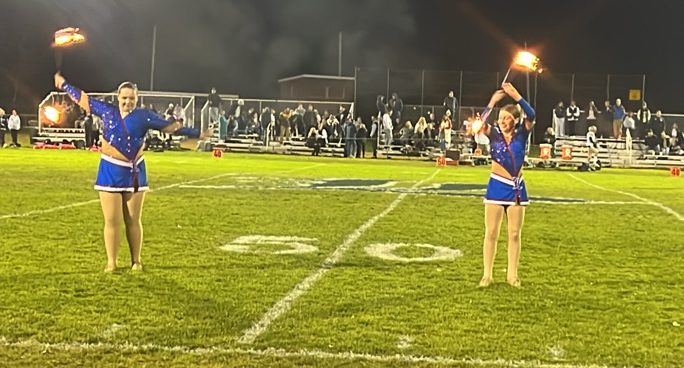Their life was like the ocean.
Some waves drove them away from the shore.
But ebbs were always accompanied by tides.
And while it may have been difficult, once their love for the ocean was greater than their fear of drowning, they finally swam.
One of the first major steps for transgender individuals into music was Christine Jorgensen’s trailblazing. Raised as a boy and serving in World War II as a man, Jorgensen came back from the war and started her transition in the 50s.
She became a nightclub performer and released song “Crazy Little Men.” While she never reached superstardom, the song was well received by those who listened to it, and Jorgensen acted as harbinger for trans headway into the music scene.
Jackie Shane became the next step towards transgender individuals making their name in music. An American soul singer working in Canada, Shane released “Any Other Way” in 1967. The song was a hit and ended up charting, the first song to chart produced by a transgender artist.
Romy Haag became another important figure in the trans-music world. She was a Dutch performer who opened her own cabaret in Berlin. Haag made Berlin a musical epicenter with artists like Freddie Mercury, Lou Reed, Mick Jagger, and David Bowie being regulars playing there. This influx of stardom attracted attention towards a trans individual, allowing for more European trans artists to be comfortable with coming out of the woodwork.
One of these artists was Marie France. France was a film star and musician, but was relatively unknown. That was until she released “Daisy” in 1977. The song was not only a commercial hit, but critically, it was received as an outstanding piece of work.
Not only were trans artists starting to gain traction, but cisgender artists started to write songs about trans culture. This offered artists a commercially successful platform to house a message on what its like to be and acceptance of transgender individuals.
One of these songs was The Who’s “I’m a Boy.” The song was set in the future where parents could choose the gender of their children. The parents in the song ordered four girls, but instead got one boy. The parents raised the child as a daughter instead of a son. This was an untraditional take on trans life, but many trans people saw the song as relatable on accounts of being raised as someone you aren’t.
Another artist to release music with trans influences was David Bowie. While already being someone who lived as if gender was a spectrum, Bowie released “Lady Stardust,” a song that sings about a cross-dressing singer, and “Rebel Rebel,” a song that sings proudly of androgyny.
Another uber-successful track was The Replacements’s “Androgynous.” The song is about gender identity and androgyny, composed of lyrics like, “Here comes Dick, he’s wearing a skirt / Here comes Jane, you know she’s sporting a chain.” However the song didn’t reach its full potential until it was covered by Joan Jett.
Jett covered the song with Laura Jane Grace, the lead singer of Against Me! and a proud trans woman. Grace was the perfect fit to cover the song with, as she had a very difficult and public struggle with gender identity.
In her song, “The Ocean,” originally written when Grace was a man, she sings about her struggle with gender identity. The lyrics, “And I could have chosen, I would have been born a woman. My mother told me she would have named me Laura,” tell of how trapped she was.
Not stopping there, Against Me! released their sixth album Transgender Dysphoria Blues, after Grace came out publicly as a trans woman. The album was the first of its kind, a full piece written by a trans artist about their experience. It was the catalyst for change so many trans individuals were searching for so long.
After these trailblazers allowed for headway into the music scene, numerous trans artists have come out into modern music.
Lucas Silveira was the first trans man to sign with a major record label when he was contracted in 2006. Shae Diamond, Skylar Kergil, Anonhi and Breanna Sinclaire all became trans artists to receive critical success in their respective genres.
For years, these individuals would’ve been questioned for being who they are. But after all their hard work, they leave us with just one question.
Isn’t it kind of brave that even when the waves rushed to crush them?
They stood up to conquer the entire ocean again.


















